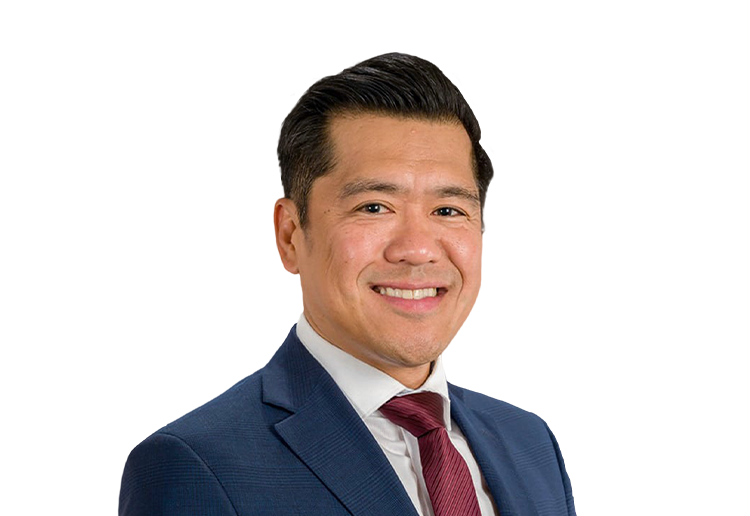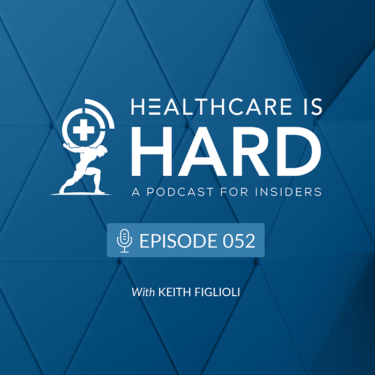
When Joel Vengco started his thesis during the third year of a MD-PhD program, it was the beginning of the end of his time in medical school. It changed his career path and kicked-off what he says is a love for data.
The field of Big Data didn’t exist yet, but it’s essentially where Joel was focused. And thanks to a professor who was also the chief scientific officer at Eclipsys (which later merged with Allscripts), Joel had access to extensive datasets to drive his work. He initially found a lot of data in disarray, but he also recognized the future potential for using data to transform the healthcare industry.
Joel eventually left medical school in favor of a career chasing healthcare data inside venerable provider and vendor organizations – from Eclipsys and GE Healthcare, to Boston Medical Center, Partners Healthcare, and Baystate Healthcare where he founded the digital health incubator, Techspring. Joel is currently SVP & Chief Information & Digital Officer at Connecticut’s most comprehensive healthcare network, Hartford Healthcare.
In this episode of Healthcare is Hard, Joel talks to Keith Figlioli about using data to drive healthcare transformation, his strategies for optimizing technology in a provider organization, and his advice for startups and entrepreneurs. Some of the topics they discuss include:
- Data liquidity. For people who work with big data, the “5 Vs” that guide success – volume, value, variety, velocity and veracity – are well known. But Joel says another attribute that’s missing and will be increasingly important is liquidity. He talks about how being able to move data from one place to another is essential for creating ecosystems. He talks about how analytic ecosystems, partnership ecosystems, and even startup ecosystems all require data to move freely.
- Data literacy. Through his various roles, Joel has seen significant differences in the way organizations use data to make decisions. He describes how some providers monitor data retrospectively, while others are using data more like a payer would, especially when those organizations share risk. He talks about a future where organizations understand data at a deeper level and use it to not just “admire the problem” with reports, but to help make the next decision.
- Technology through an equity lens. In many ways, technologists and developers are designing the future of healthcare. Joel talks about the responsibilities that come along with that, and how he instructs his team to look at everything they build, design and develop through an equity lens. He also discusses recent developments in artificial intelligence, such as ChatGPT, and the need for guardrails to ensure it’s used responsibly.
- Shifting right. To support the transformation of healthcare, Joel talks about how technology leaders in health systems must move beyond the traditional business of IT. He estimates that the average health system currently invests 90% of its resources on traditional IT work, and only 10% on transformative projects. He calls for a drastic shift and says organizations should get to a place where they’re spending 40% on traditional IT and 60% on transformation.
To hear Keith and Joel talk about these topics and more, listen to this episode of Healthcare is Hard: A Podcast for Insiders.
